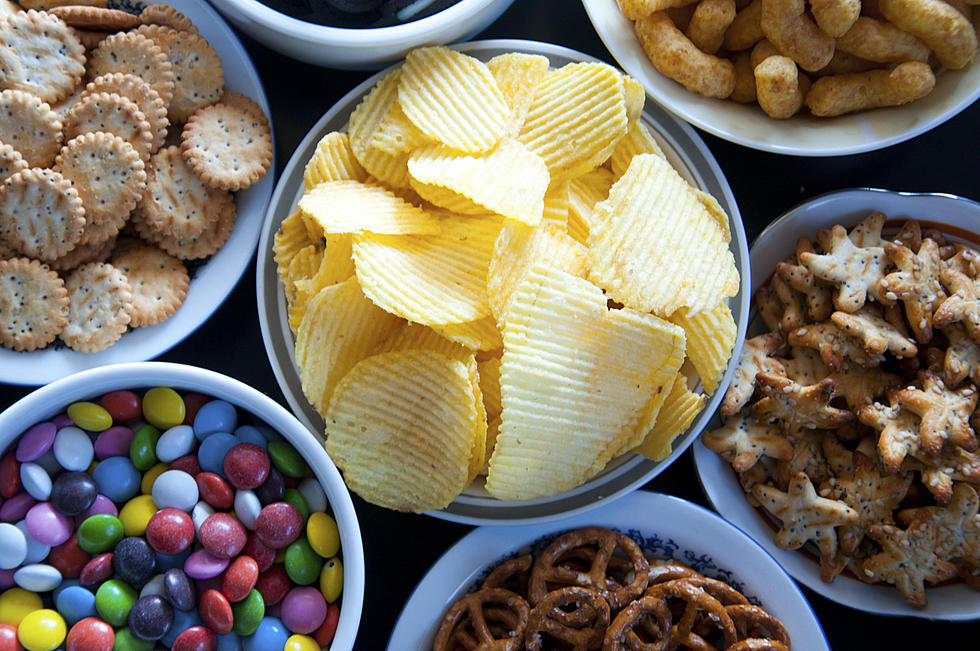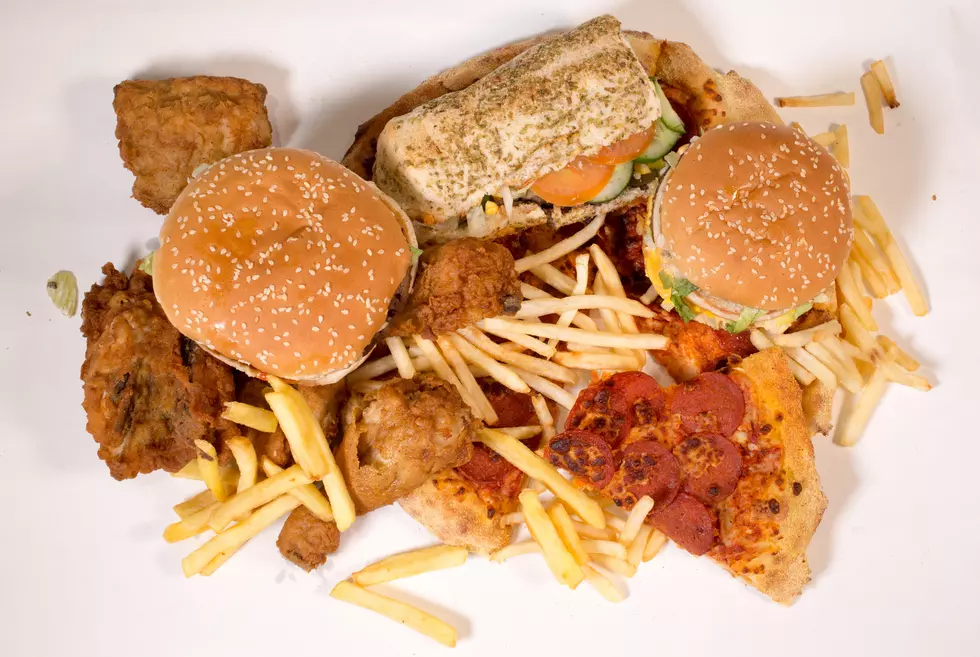
New Jersey Exercises More – Losing Less Weight– What’s Up With That?
According to a recent report,
we exercise more, but we're still gaining weight.
How is that possible?
As a personal trainer, I come across a good many people in the gym where I work who complain that they’ve plateaued.
And it’s only natural given the body’s need to maintain a certain status quo.
So with that, I’m wondering, how much do you exercise, how much are you pushing it, and how much weight have you lost, if any.
Oh, and by the way, what are your eating habits?
Just because you’re exercising doesn’t mean you can gorge out on whatever you want the rest of the time.
According to the above cited report:,
like most Americans, New Jerseyans are exercising more than they were a decade ago, but the obesity rates in this state and across the country continue to rise.
In New Jersey, the percentage of physically active men rose from 54.9 to 56.2. The percentage of women rose from 44.2 to 50.
The largest gains for men were found in Atlantic County, and for women in Mercer County. Researchers defined sufficient physical activity as 150 minutes of moderate activity a week or 75 minutes of vigorous activity.
But despite the overall uptick in physical activity, the percentage of obese New Jerseyans continues to rise. Nearly one-third of men and women are now obese, the data found, up from about one-fourth in 2001.
That's because even though we are exercising more, we are eating way, way more, said Ali Mokdad, professor of Global Health at the Institute for Health Metrics and Evaluation.
"For every 1% increase in sufficient physical activity, obesity prevalence decreased by only 0.11%, indicating that diet may be more important than exercise in terms of controlling obesity," said Joy Portella also from the Institute for Health Metrics and Evaluation. "There’s also a possibility that people are over-reporting their physical activity, which would further contribute to a rise in obesity."
That made sense to Kenneth Storch, director of Atlantic Health's metabolic program at Overlook hospital, and an internist specializing in obesity and metabolism. He said people who exercise more do tend to eat more but "there is a risk of overcompensating."
"Simply getting people to exercise isn't enough," Storch said. The caloric intake needs to be cut.
Hunterdon has the lowest percentage of obesity. Salem men and Cumberland women had the highest rates of obesity with more than 4 in 10 residents of those counties having a body mass index higher than 30.
For a 5-foot-9 adult, the system considers 124 pounds or less as underweight; 125 to 168 pounds as healthy; 169 to 202 pounds as overweight; 203 to 236 pounds as Grade 1 obese; 237 to 270 pounds as Grade 2 obese; and above 270 pounds as Grade 3 obese.
In the United States, 33.8 percent of men and 36.1 percent of women are obese.
The study compared rates of obesity and physical activity in 2001 and 2009. Obesity rates fell in just nine counties throughout the United States, according to the report.
"More aggressive strategies to prevent and control obesity are needed. Diet and changes in individual behavior are key components,” Mokdad said. “Understanding local trends in obesity and physical activity in both rural and urban areas will help communities develop successful strategies and learn from one another.”
Last month, the American Medical Association voted to classify obesity as a disease, a change that could affect the care, diagnoses and treatment of more than 78 million adults and 12 million children.
Whenever the question is posed to me, usually the first thing I ask is, “how much do you eat a day, and what are you eating?”
If the answer is something like, “I don’ t have time to eat 3 meals”, that’s usually one of the main culprits in less weight loss.
A couple of the others are eating the wrong things, such as simple carbs (sugars, cakes, white flour, etc.); sticking to the same routine; or perhaps even overexertion; which as I mentioned before, tends to make the body want to achieve a state where it feels comfortable.
I’ll freely admit, for a guy who preaches the line about fitness, I, at times, am not the greatest example.
I’ll exercise a few times a week, but will vary the routine each time.
And as far as eating goes, I’ll stick to cereal (Cheerios with no sweetener) in the morning; followed by a some protein at lunch and dinner; and perhaps a snack before bed.
So far, I’ve maintained a steady 188, which, according to the above paragraph, is overweight.
Borderline disability?!
By the way, do you consider obesity a disease?
So, if you don't mind, share with me your routine, if any, and how’s it working out for you?
More From New Jersey 101.5 FM









